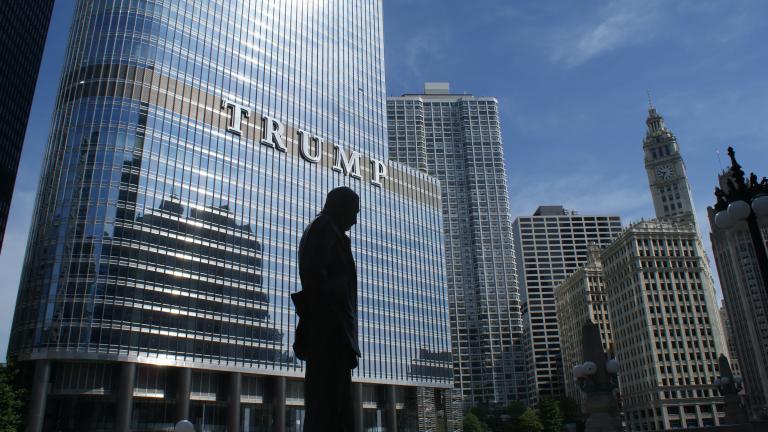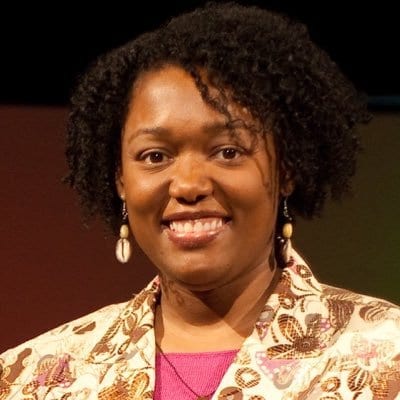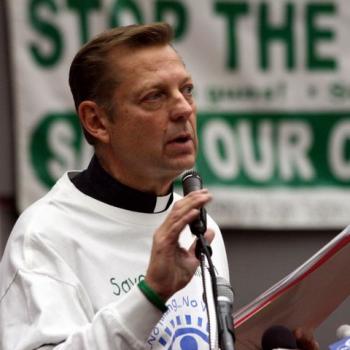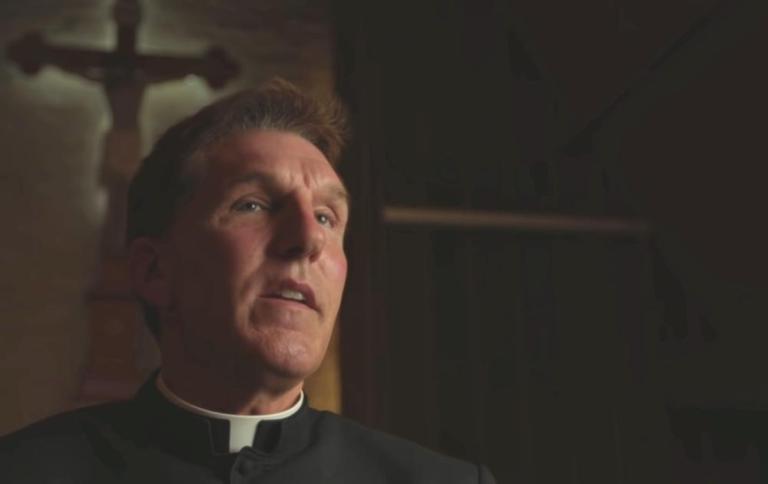
It should go without saying, but we’re not living in “normal times” in 2020.
Apart from a pandemic that is once again raging through the country and prompting a new wave of hospitalizations and COVID-19 deaths, we just had an election where the loser, President Donald Trump, is refusing to concede his defeat to Joe Biden.
We’re also wrapping up four years of a presidential administration that from Day 1 was a whirlwind of various petty scandals, angry Twitter outbursts, racial dog whistling, an impeachment, more than 20,000 false or misleading claims (also known as lies), the forced separation of migrant families at the border, emboldened white supremacists, alienated allies, indifference for Puerto Rican hurricane victims, contempt for murdered journalists, and the intentional downplaying of a pandemic that to date has killed more than 250,000 Americans in nine months.
All that is great if you’re a nihilist and think “owning the libs” is a good substitute for governing or having a legislative agenda. But people who do not subscribe to the president’s cult of personality grew tired of the drama. That’s why they cast ballots in record numbers this year to reject Trump’s style of divide-and-conquer politics in favor of a septuagenarian Democrat who built his 2020 presidential campaign on anodyne themes like decency and civility.
However, you wouldn’t know any of that if you watched or read about the U.S. Conference of Catholic Bishops’ virtual meeting this past week, where the conference president, Archbishop Jose Gomez of Los Angeles, read a closing statement that sounded like it could have been delivered after the presidential election in 2012.
Said the archbishop, “The president-elect has given us reason to think he will support some good policies” but also some that “undermine our preeminent priority of the elimination of abortion.”
“… When politicians who profess the Catholic faith support [liberal policies on abortion, gender identity and the HHS contraceptive mandate], there are additional problems. Among other things, it creates confusion among the faithful about what the Church actually teaches on these questions,” Archbishop Gomez said of President-Elect Biden, who is Catholic but supports public policies at odds with Catholic moral teaching on abortion and the bishops’ own policy positions.
Putting aside, for now, the debatable idea that a Catholic politician who supports legal abortion “creates confusion” for the faithful, let’s be clear on a few things.
The Biden Administration will most likely have policies that Catholics with well-formed consciences will need to oppose and speak out against, especially if the president-elect tries to carry out his campaign promise to repeal the Hyde Amendment that prohibits federal tax funds from being used to pay for abortions, with the exceptions of rape, incest and life of the mother. Any attempts by the Biden Administration to “codify” Roe V. Wade and weaken conscience protections for healthcare workers and religious nonprofits also need to be vigorously opposed, as well as any moves that could advance the culture of death in the form of euthanasia or so-called assisted suicide.
We as Catholics, however, also need to keep in mind that we as a nation are not only coming off a turbulent past four years, but that we’re also entering a pivotal moment in our history. Our style of engagement with the public square needs to be reassessed, perhaps even overhauled. The culture war model of politics will not serve us well moving forward, assuming it ever did.
Crossroads
In recent memory, it feels like every presidential election since 2000 was supposed the “most important election in our lifetime.” This time, it was true. A second Trump term would have not only given a seal of approval on four years of chaotic leadership; it also would have represented an eye-opening endorsement of a demagogic and autocratic type of politics that the nation’s Founding Fathers warned us about in the 18th century.
Still, a little more than 70 million Americans voted to reelect Trump. So, I don’t think it’s Trump-like hyperbole to say that we have arrived at a crossroads in our nation’s history. Over the next four years, we have some hard decisions to make and tough questions to examine. We need to first ask ourselves: Are more Americans losing faith in democracy? Can we still debate, find common ground, even reach compromise through the legislative process?
Are we as a nation losing the ability to respect elections if the results are not what partisans hoped for? As he signaled in 2016 and in recent months, Trump was never going to concede electoral defeat because to do so violates the view he has of himself as “a winner” who never shows weakness, apologizes or admits mistakes. In actuality, those are the behaviors of a weak man, but many Americans have bought into that model of “leadership.”
Even if you liked some of his administration’s policies, there is no denying that Donald Trump was always a Faustian bargain for conservatives who saw in him an opportunity to pass sweeping tax cuts, dismantle federal regulations and stack the federal judiciary with a generation of Federalist Society-approved judges.
Prominent politically-conservative Catholics and many in the pro-life movement bought into that bargain because they saw in Trump someone who could not only appoint Supreme Court justices who might overturn Roe v. Wade, but would also say the right things on religious freedom without apology and fight back against an aggressive secular Left with its liberalizing effects on the culture.
But the problem with Faustian bargains, with the kind of transactional politics that Trump embodied, is that there is always a steep price to pay. You barter with things that are lasting and should never be traded – moral principles, ethics, values, your soul – for short-lived worldly or material benefits like money, political influence, power and control.
You rarely emerge from a Faustian bargain with your reputation or self-respect intact. You become a compromised, lesser version of yourself. Compare Lindsey Graham today with the pre-2016 Graham. Ponder the differences between Rudy Giuliani, circa 2001, and the Giuliani of 2020. Outside the bubble of OANN or Fox News, Sean Spicer and Sarah Huckabee Sanders are national punchlines for how they peddled Trump’s lies during official White House press briefings.
Truth and Reconciliation
Politically-conservative Catholic activists, not to mention a few bishops and some pro-life leaders, risk being remembered years from now for how eagerly they jumped on-board the “Trump Train” and were willing to look the other way or make excuses for some unacceptable behaviors and policies, especially Trump’s blatant disrespect of democratic norms and his willingness to deepen the country’s partisan divide for his own benefit.
It is an especially bad look for bishops to not only give tacit approval of that style of politics, but even to amplify Trump’s attempts to overturn the 2020 election.
The president has asked all Christians to pray at 5 p.m. (3 p.m. Mountain Time), in conjunction with the filing of election-related documents at the Supreme Court.
— Bishop Sheridan (@BshpSheridanCS) November 9, 2020
As you can tell from the comments to Bishop Sheridan’s tweet, some people who see that get the message that the institutional Catholic Church in the United States is throwing in its lot against democracy and the rule of law. That will not help evangelize the culture; it will only cement the Church in a hyper-partisan ideological camp in the minds of too many Americans, especially young people who are already suspicious of organized religion.
This sensitive time in our history calls for a national political reconciliation of sorts. We need to re-learn how to live together despite our political differences, how to listen to each other and express our views without name-calling and assuming the worst in our neighbors. Propogandists and demagogues who thrive on sowing division need to be called out and sidelined.
The culture of encounter that Pope Francis has been calling for since becoming pope in 2013, and in which he further spells out in Fratelli Tutti, his new encyclical on human fraternity, offers a roadmap forward if we can only be serious about healing the divisions in our country. Business as usual after 2020 is not going to cut it. Let’s hope our bishops can read the signs of these times.












